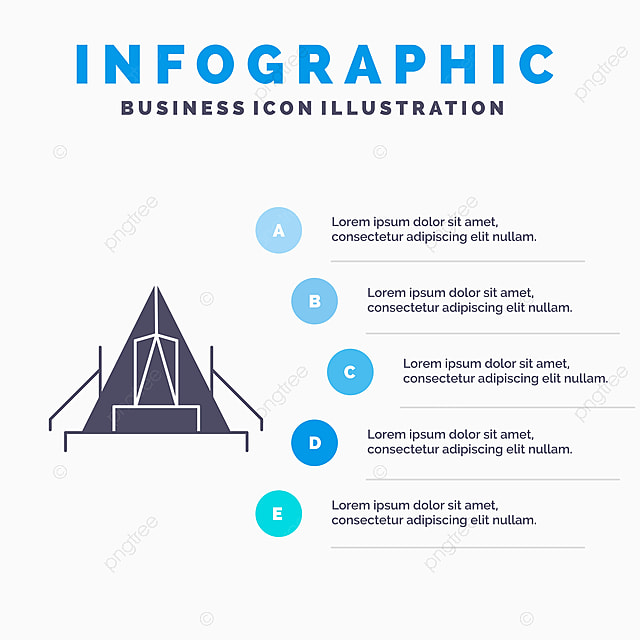While several campers concentrate on a tent's canopy to protect them from rain, snow, and bugs, the tent floor is similarly crucial. A high quality flooring supplies defense from standing water, soaked mud, and sharp rocks.
At White Duck Outdoors, we provide free-floating vinyl floors that are tailored to each camping tent size. This enables you to pick a floor liner or utilize your own canvas tarpaulin as a lining.
Resilience
There are various types of floors readily available for wall camping tents. Free-floating floorings are different pieces that you lay on the ground prior to constructing the tent, making them simple to establish. A sewn-in floor is a bit a lot more complicated, however it offers outstanding security from water and pests.
However, the very best alternative is a tent floor liner. A lining is thick and pressures any water or insects to go under the flooring rather than through openings in the outdoor tents. It additionally decreases the quantity of dust that enters the tent, making it simpler to cleanse and keep.
All White Duck Outdoors wall tents include a free-floating flooring consisted of, so you do not have to stress over purchasing and mounting one independently. We recognize the importance of being able to personalize your area and make camping even more delightful. The free-floating flooring makes the tent easier to carry, clean and shop, deluxes that sewn-in or 3/4 floorings do not give.
Weather Resistance
When choosing a protective cover for industrial or logistical purposes, weather resistance is typically a crucial aspect. Canvas tarpaulins are commonly made from all-natural products, while plastic tarpaulins include innovative polymer design. This distinction in composition results in considerably different performance attributes, maintenance demands, and appropriate applications.
Plastic tarpaulins are suitable for long-term commercial insurance coverage as a result of their sturdiness, waterproof functions and chemical resistance. They additionally offer excellent UV protection and are lighter than canvas tarps. These buildings make them the preferred option for covering tools and constructing short-lived frameworks.
Easy Maintenance
The sturdiness of vinyl floorings and their resistance to deterioration translates right into marginal maintenance demands. Wipe-downs with light soap and water are enough to keep them looking clean, while persistent stains can commonly be gotten rid of without much effort.
On the other hand, canvas covers are more likely to take in moisture over time, leading to mold and mildew development otherwise properly dried out or dealt with. Additionally, they may require more constant waterproofing therapies to preserve their safety residential or commercial properties.
Furthermore, a woven material like cotton is prone to puncturing and tearing with time, making it a lot more rain gear susceptible to harm from sharp objects or rough surface areas. Plastic is engineered to stand up to these dangers better, positioning it as a premium option for durable security applications. Furthermore, its artificial parts offer superior durability and longevity compared to canvas products. Consequently, they typically have a reduced ecological footprint in regards to manufacturing and disposal. They additionally have a tendency to have a more versatile modification ability, promoting the consolidation of intricate layouts and color schemes.
Ecological Effect
Just like all products, it is necessary to comprehend the environmental profile of each product. This consists of every little thing from basic materials sourcing and production processes to use longevity and end-of-life disposal choices. This information enables businesses to make smarter options that straighten with sustainability goals while fulfilling operational needs.
Sailcloth naturally lines up with eco-conscious goals because of its eco-friendly nature and lower manufacturing footprint. Its lighter weight equates to much less storage and transport needs. Its lowered upkeep demands and longer lifespan better minimize overall expenses.
Plastic, on the other hand, counts on synthetic parts for its toughness and weather condition resistance. Its chemical treatments call for high energy input. Vinyl's non-biodegradable buildings additionally complicate recycling and waste monitoring methods. Nonetheless, it does supply exceptional waterproofing and UV destruction resistance to outside atmospheres.
